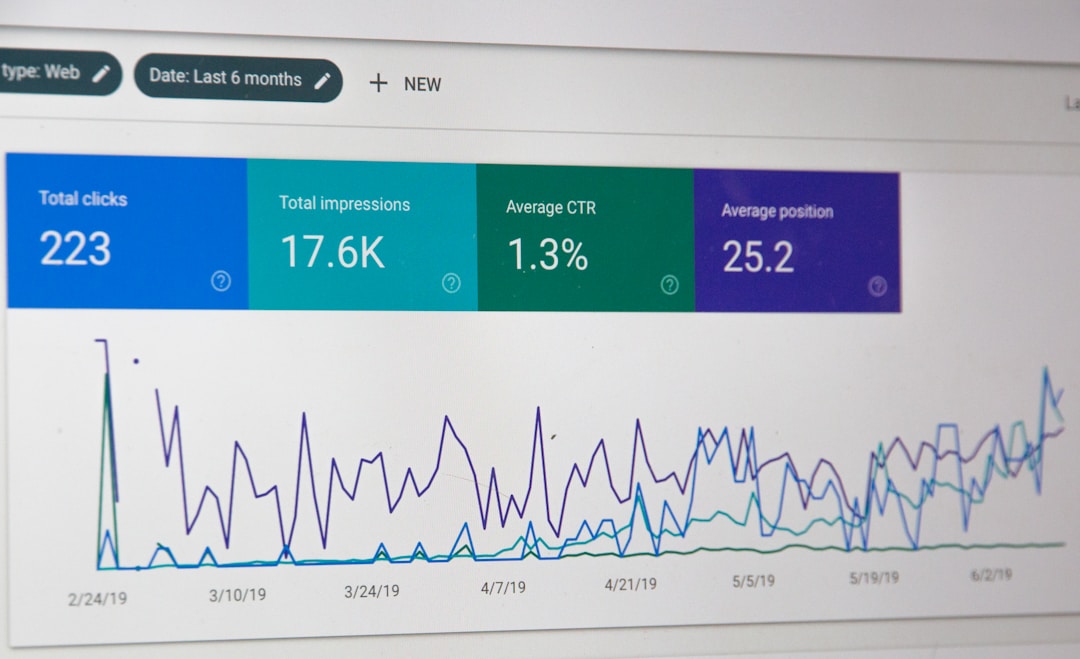As organizations of all sizes approach digital transformation, there is greater recognition of the importance of data quality and data integrity. Having a litany of sources at your disposal can lead to game-changing decisions for any business, but it’s important that any database is functioning with a strong architecture to back up the flow of that information from input to analytics. One way in which this is accomplished is through what’s known as data-as-a-service.
What is data-as-a-service?
You may be asking yourself, what is data service and why is it important? Data-as-a-service, or DaaS, is a data management strategy that aims to leverage this information as a business asset for greater business agility. Similar to other “as a service” business entities, DaaS provides a way to manage large amounts of data generated each day to deliver valuable information across an organization for data-driven decision-making. This approach focuses on provisioning data through various scenarios and interfaces. It’s designed to curate datasets in a range of formats for unified data virtualization.
A proper DaaS architecture may include a range of data management technologies including virtualization, data services, self-service analytics, and cataloging of data warehouses. DaaS basically provides a way for companies to tap into their increasingly vast and complex data sources to serve up the most important insights to users. Democratization of data is critical for any organization wanting to translate any data type into real value. This represents a huge opportunity to monetize a company’s raw data to gain a competitive advantage within their business operations.
DaaS Applications
Data-as-a-Service can be used by various business teams and departments to improve processes through secure applications. A properly maintained data service can allow for easier workflow for a sales and marketing team to recognize trends within business logic for more personalized attention to consumers.
This is also used for manufacturing optimization, recognizing data entities throughout a supply chain, and being able to spot critical business data that may be causing bottlenecks or other hurdles within the production process. DaaS has also been successfully implemented across various industries, including financial services, retail, energy, healthcare, and logistics. Any industry that has sought greater visibility of data and faster access to the facts can use DaaS.
Benefits of DaaS
The potential impact of DaaS is huge for revenue and for the internal workings of an entire organization. DaaS helps companies of any size monetize data by organizing and operationalizing those data sources, increasing accessibility through DaaS adoption. Capitalizing on all of a company’s wide range of data sources, uncovering insights, and delivering in different areas of the business to act smarter and decrease spending time and money. DaaS can help companies develop personalized customer service through predictive analytics to understand behaviors and patterns. This leads to faster paths to innovation within enterprise data, making for a better chance of gaining buy-in from other areas of the business and ultimately succeeding when the data solution is put in place.
DaaS represents a great opportunity for many organizations to treat their data sources as an important business asset for more strategic decision-making. This combines both internal and external sources for a more comprehensive view of a company. DaaS can also be used to quickly deliver data for purpose-built analytics with end-to-end interfaces serving specific use cases. This can break down data silos to grant businesses the ability to deliver proper data integration. DaaS also helps companies manage the rising tide of data through a broader structure that is able to establish scalability and alignment, lowering risks in decision-making for the long run. Instituting a proper DaaS system now that emphasizes reuse and workflow can boost efforts for a brighter business future.



